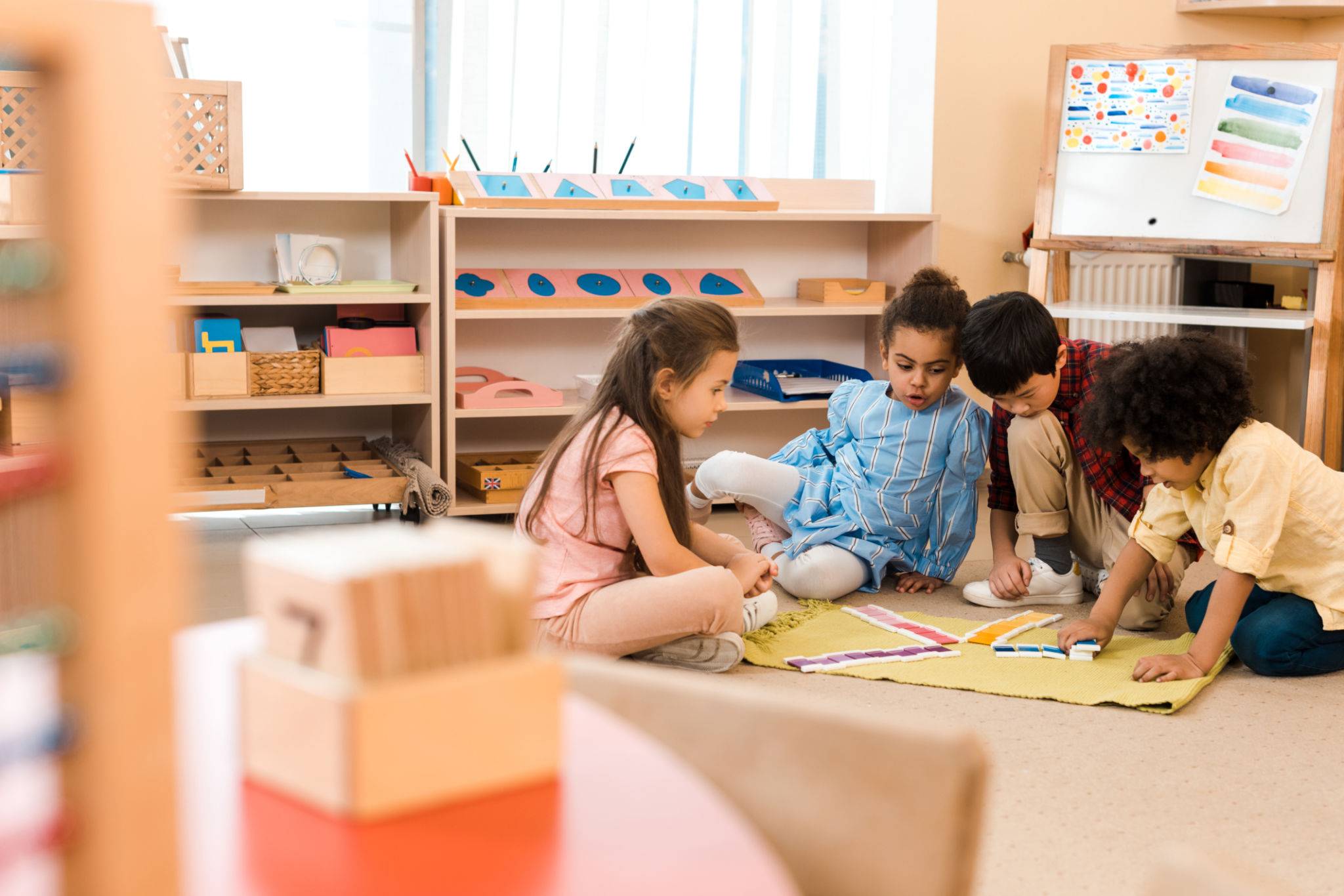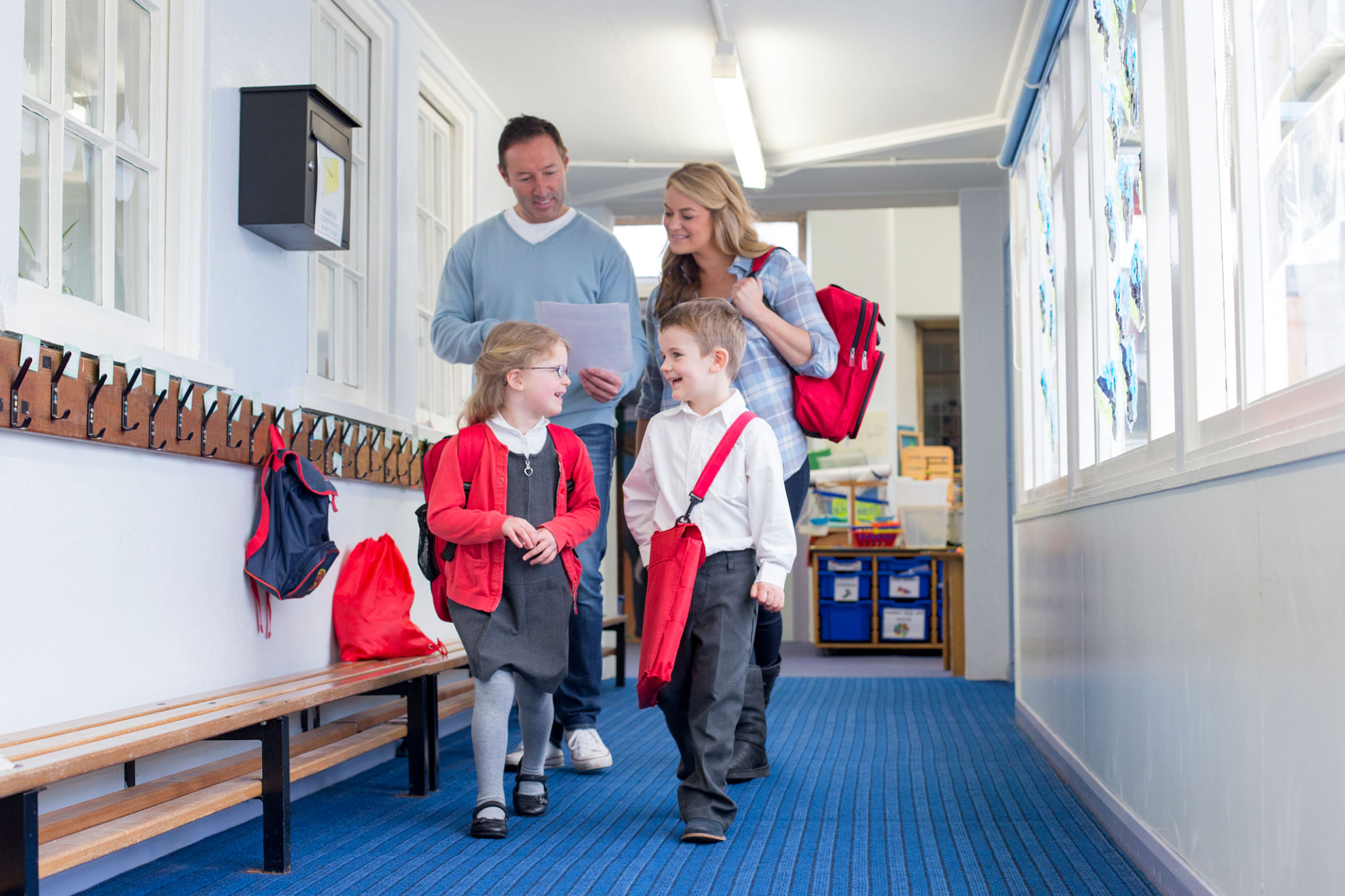Montessori Schools vs. Traditional Preschools: Which is Right for Your Child?
Understanding Montessori Schools
Montessori schools are renowned for their unique approach to early childhood education, emphasizing child-led learning. In these environments, children are encouraged to explore and learn at their own pace. This method is based on the principles of Dr. Maria Montessori, who believed that children learn best when they are actively engaged and have the freedom to choose their activities.
The Montessori classroom is designed to foster independence and self-discipline. It offers a range of hands-on learning materials that cater to different learning styles. The teacher’s role is more of a guide, assisting children as they navigate their educational journey, rather than directing it.

Key Features of Montessori Education
Some of the distinct features of Montessori education include:
- Mixed-age classrooms: Children of different ages learn together, promoting peer learning and social interaction.
- Self-directed activity: Students choose their tasks, which helps foster independence and decision-making skills.
- Uninterrupted work periods: Extended periods allow deep concentration without frequent interruptions.
Exploring Traditional Preschools
Traditional preschools, on the other hand, often follow a more structured curriculum with teacher-led instruction. These programs are designed to prepare children for the academic environment they will encounter in elementary school. The focus is usually on developing foundational skills in reading, writing, and math through guided activities.
In a traditional preschool setting, the day is typically divided into scheduled activities, including circle time, arts and crafts, and storytime. Teachers lead the class in these activities, providing direction and structure to ensure that children are meeting specific developmental milestones.

Benefits of Traditional Preschools
Traditional preschools offer several benefits that may appeal to parents looking for a more conventional approach:
- Structured learning environment: A clear schedule helps children understand routine and time management.
- Focus on academic preparation: Early exposure to literacy and numeracy builds a strong foundation for future schooling.
- Socialization opportunities: Regular interaction with peers enhances social skills and teamwork.
Choosing the Right Fit for Your Child
Selecting between a Montessori school and a traditional preschool depends largely on your child's personality and learning style. If your child thrives in a structured environment with clear expectations, a traditional preschool might be the best option. However, if your child is curious, independent, and enjoys exploring their interests at their own pace, a Montessori school could be more suitable.
It’s also important to consider how each method aligns with your family’s educational values and goals. Visiting schools, observing classes, and discussing with educators can provide valuable insights into which environment will best support your child’s growth and happiness.

Final Thoughts
Ultimately, both Montessori schools and traditional preschools offer unique benefits that can support your child’s development. By understanding the differences and considering your child’s individual needs, you can make an informed decision that sets the foundation for a successful educational journey.
